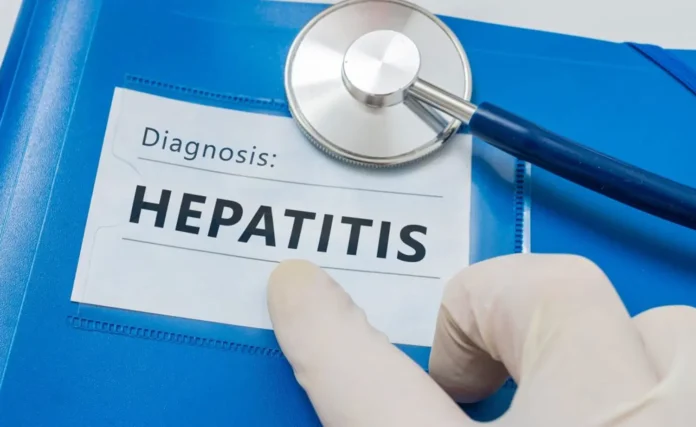The Federal Government has lamented that over 8.1 percent of the Nigerian population is affected by Hepatitis B, despite the availability of vaccination and treatment.
Coordinating Minister of Health and Social Welfare, Prof. Ali Pate, who said this at a media briefing in Abuja to mark the 2025 World Hepatitis Day, noted that over 90 percent of those infected are undiagnosed and unknowingly transmit the virus to others, including children.
Professor Pate expressed concern that the disease was costing Nigeria between N13.3 trillion and N17.9 trillion annually.
Represented by the Director of Public Health in the ministry, Dr. Godwin Ntadom, the minister noted that approximately 20 million Nigerians are living with viral hepatitis, with 18.2 million affected by Hepatitis B and 2.5 million by Hepatitis C, adding, “Tragically, 4,252 Nigerians die annually from liver cancer caused by untreated hepatitis.”
The event, held under the theme “Hepatitis: Let’s Break It Down,” seeks collective action to overcome the medical, structural, and social barriers that prevent millions of people from accessing the care and treatment they need to manage and overcome hepatitis.
“Symptoms are often misdiagnosed as malaria. Conditions such as fever, fatigue, and malaise are typically treated with self-medication, while the virus silently damages the liver and may progress to liver failure or cancer. Tragically, 4,252 Nigerians die each year from liver cancer caused by untreated hepatitis.
“Approximately 20 million Nigerians are living with viral hepatitis, with 18.2 million affected by Hepatitis B and 2.5 million by Hepatitis C,” he said.
Pate reminded that the government, in its swift response, has launched “Project 365,” a nationwide screening, diagnosis, and treatment campaign aimed at eliminating Hepatitis C and halting the transmission of Hepatitis B by 2030.
He said, “The Ministry is also working to increase budgetary support for hepatitis programs, establish the Viral Elimination Fund (VEF), and provide tax incentives and regulatory reforms to support domestic production of hepatitis medications.”
Earlier, in a goodwill message, the World Health Organisation (WHO) Acting Country Representative, Dr. Alex Gasasira, called on Nigeria to take bold action against hepatitis, describing it as a disease that affects millions of people in the country.

